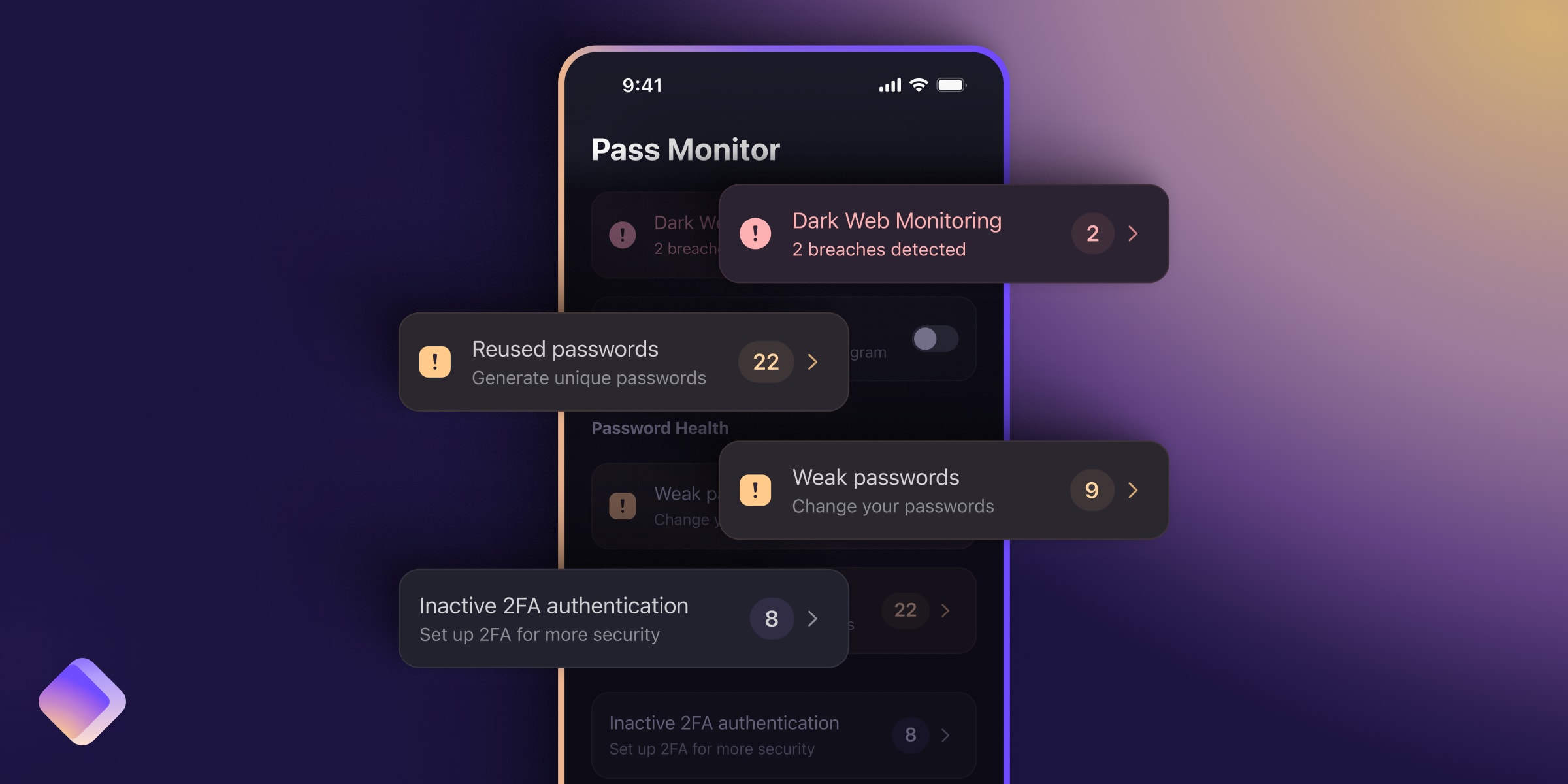You likely know you should store and manage your passwords safely. However, even if you are using a password manager, there’s a chance the one you’re using isn’t as secure as it could be. In this article we go over the threats some password managers pose and a powerful, safe alternative.
Using a Google Chrome password manager
Most password managers exist first and foremost as browser extensions, small programs that run in your browser. In the case of password managers, this is vital as otherwise they couldn’t perform functions like autofilling passwords or offering to store newly made logins.
Because they run in your browser, most people’s first encounter with password managers is with the ones that come built-in. You’re likely familiar with the default password manager in Google Chrome, Microsoft Edge, Mozilla Firefox, or Apple’s iCloud Keychain.
However, all these have some pretty serious issues. Google Chrome password manager is safe from outside attack by hackers but is a threat to your privacy. It encloses you in the Google ecosystem by making sure you use only its products, thus enabling the company to get as much data as it can about your online behavior. It can in turn sell this data to providers for a tidy profit.
Much the same goes for the iCloud Keychain. Though it’s nowhere near as egregious as Google, it also serves as a way to make sure you use Apple products, without the ability to switch between different types of devices. The Firefox password manager is a lot better, but still lacks features, like not letting you save credit card information.
The only good way to solve these issues is to use a dedicated, standalone password manager. These offer a lot more flexibility, for example not only working as a Chrome password manager extension, but also in other browsers, on mobile, and even on desktop.
Finding a better password manager
This is why we developed Proton Pass: to make sure internet users could have a password manager that can withdraw them from the grasp of Big Tech, while still enjoying state-of-the-art security and privacy.
The biggest difference between Proton Pass and the built-in Chrome password manager is that you can use it on any platform and your passwords come with you. If you have the Chrome browser on your laptop, but have an iPhone in your pocket, you will barely notice the difference when logging into your accounts.
This isn’t the only advantage Proton Pass offers, either. It also uses end-to-end encryption. This secures all your logins, bank cards, secure notes, and important metadata from the moment they’re in your device and keeps them encrypted even on our servers; even if there were a breach — which has yet to happen — hackers will only make away with useless ciphertext.
Like all Proton apps, Proton Pass is open source, meaning anyone can verify our code does what we claim. This is a key part of our belief in the power of transparency and peer review to ensure secure systems. You can see all our code and third-party security audits on our open source page.
More than passwords
Proton Pass also goes the extra mile in other ways. For example, you can store a lot more than just passwords and other login information. You can also add credit card details and secure notes whenever you need to keep something like a PIN or security code safe. We also let you use passkeys on all your devices, unlocking this powerful new tech for everybody.
Finally, we also allow you to add an extra layer of privacy while creating accounts thanks to hide-my-email aliases. These act like surrogate email addresses, hiding your real email address but still letting you receive email like normal. If you start to receive spam or the alias is revealed in a data breach, you can delete it and switch to another.
Unlike Google or Apple, we don’t receive our funding from venture capitalists or advertisers. All our funding comes from our community’s subscriptions to premium plans, meaning we can, and always will, put your needs first.
If that sounds like something you want to be a part of, create a Proton account today and see what it’s like to use products built with users first in mind.















